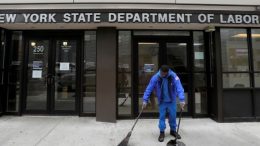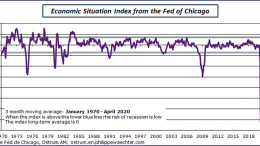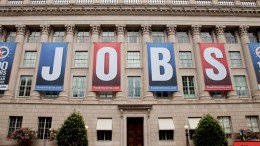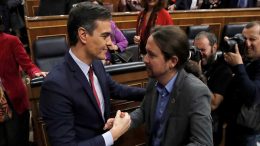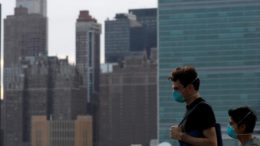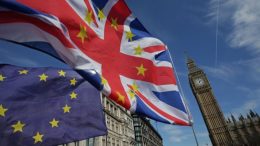A V-Shaped Bounce In Q3 GDP Is Possible
Chris Iggo (AXA Investment Managers) | The second quarter was disastrous for society and the global economy. The danger on both fronts is passing only slowly. Yet the quarter was great for markets. Barely any asset class delivered a negative return. Trillions of dollars of money was created and central bank balance sheets boomed. It has been a lesson in not underestimating the power of policy. Cheap valuations and rocket-fuel policy drove risk assets. The starting point for Q3 is not quite the same. Where fundamentals go is much more important now.


